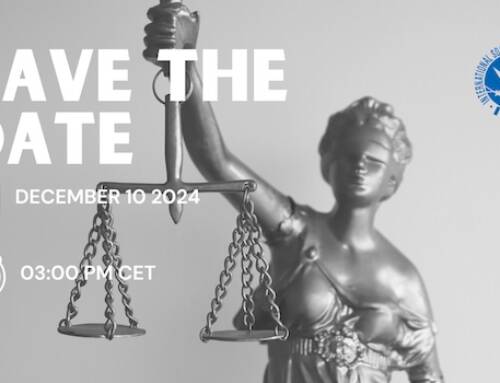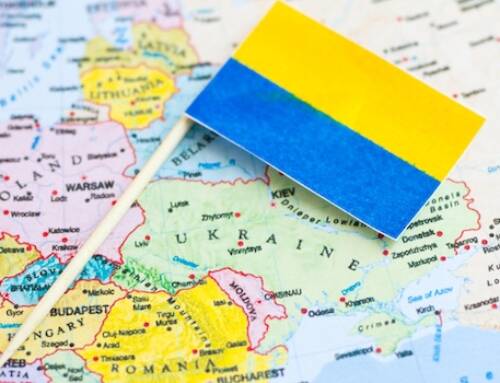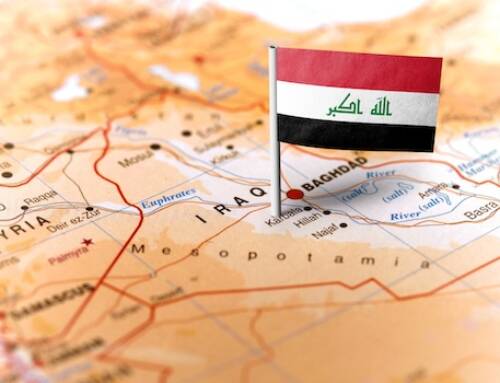AFRICA


Democracy in Africa is Still Elusive
This newsletter falling on the foothills of World Democracy Day leaves us with no option but to interrogate the state of democracy in the world and owing to recent Coups on the continent—more focus on Africa.
According to the Democracy Index by The Economist Intelligence Unit, there were improvements in 2022 in democracy in the world due to the easing of the COVID-19 restrictions that had sent the globe to the dark days of repression. Several states undertook high-handed means of enforcing the lockdowns during the three-year COVID-19 emergency. The Democracy Index shows that there was a slight improvement on the African continent thanks to the improvements in; Angola (+0.59), Niger (+0.51), Senegal (+0.19), Togo (+0.19) and Malawi (+0.17). Other commentators have singled out the election in Kenya and the respect of the court’s decision upholding the election of William Ruto, the progressive position by the Botswana government to respect the court’s decision guaranteeing rights of sexual minorities, and land reforms in Seira Leon (Freedom in the World), among others. Do these examples signify better days for democracy on the African continent?
It is noteworthy that Niger which was highlighted among those whose trajectory was improving had a coup on the 26 of July that deposed President Mohamed Bazoum replacing him with the mastermind of the coup and military junta General Abdourahamane Tchiani.
The coup in Niger followed previous military takeovers of government in Guinea in 2021, Mali in 2020 and 2021, Burkina Faso in January 2022, and an attempted Coup in Guinea-Bissau in February of 2022. As the world and particularly ECOWAS were grappling with how to respond to the military overthrow of the government in Niger, another happened in Gabon—further augmenting the problem. Although Gabon has been ruled by the Bongo family for 56 years, the ousted President had secured himself another term in office that was likely to extend his family’s rule over the oil-rich West African state to 60 years. Mr Bongo, who replaced his father in 2009, showed no signs of relinquishing power albeit his frailty and the longevity of his family rule. The Gabon coup has been given a distinct analysis from the other recent coups because it dislodged a long-term hegemony as opposed to those that were against relatively short-term regimes that had just fallen out of popularity. Nonetheless, this writer is of the considered view that it is an apples-oranges scenario.
Whereas military coups tend to offer temporary relief to the citizenry from the previous guard, the very structures that make the state vulnerable to a military takeover, eventually become the same tools of oppression that the new military guard uses to load it over the people. In the 20th century, several post-independent states were dislodged in military coups and guerilla wars only for the new leaders to become tyrants themselves (case of Amin in Uganda, Bokassa in Central African Republic, Mobuttu in DRC, Museveni post-1986 in Uganda, Bashir in Sudan). The involvement of state institutions such as the Judiciary, the police, and the military in politics, which often involves loyalty to strongmen instead of the constitution and the citizens, precipitates violence and discontent. Where the leader makes the military more powerful and only loyal to himself, where the leader rules through patronage at the expense of institutions, where elections are a formality rather than being free, transparent, and credible, the governance structures of a country fundamentally break. When men are made stronger than institutions, the very men eventually overrun institutions: Coups in the same ambit with longevity in power create men that are stronger than institutions to the extent that no one can stop them—not courts, not the Constitution.
As we reflect on democracy, reflections on what makes and breaks democracy must be made. For Africa, the impositions of strongmen above institutions and the people have been at the core of the continent’s failure to progress towards democracy and freedom. It is paramount to note that most countries in Africa are ranked ‘Not Free’ in global freedom indices. The continent shall not be free from coups until institutions, the people, and systems replace the rule of strongmen. The African Union will issue all the condemnations of military coups that will not yield until it becomes intent on full democratization.
Full democratization of the continent entails tackling longevity in power, upholding human rights, transparent elections, constitutionalism, free press, and demilitarization of politics. Ironically, the above-stated principles form part of the rubric of the various instruments that govern the African Union, notably; the African Charter on Human and People’s Rights, the African Charter on Democracy, Elections and Governance. Reacting to coups is good for the PR of the African Union—tackling the tyranny of strongmen will be for posterity. Until then, Democracy in Africa is still elusive.
Written by
Alex Martin Musiime





